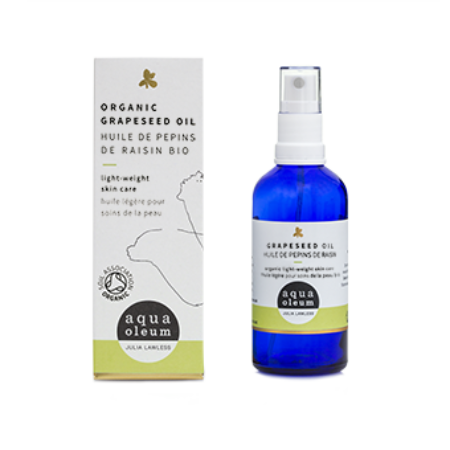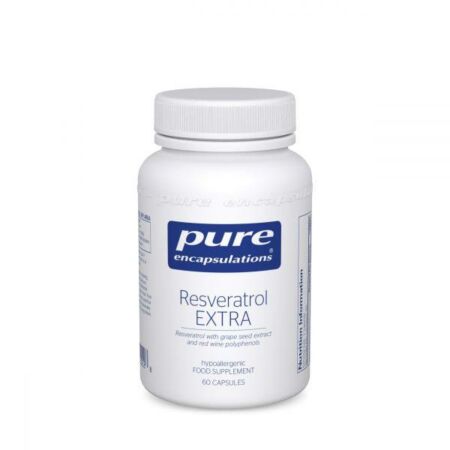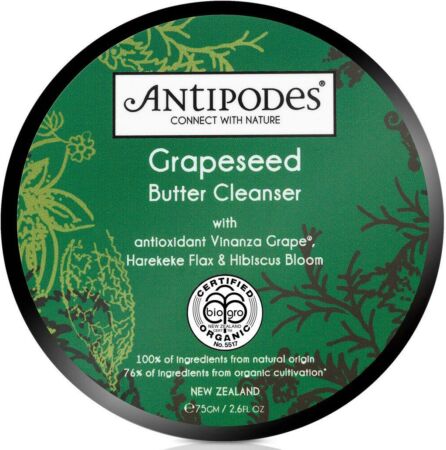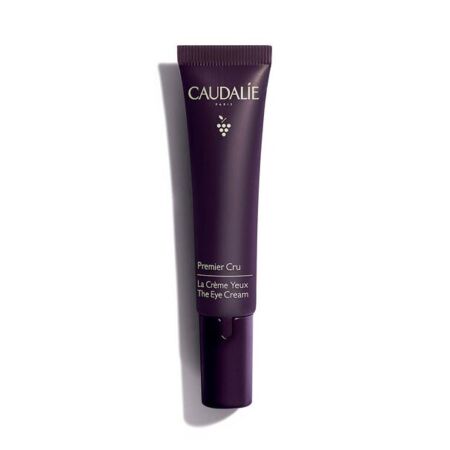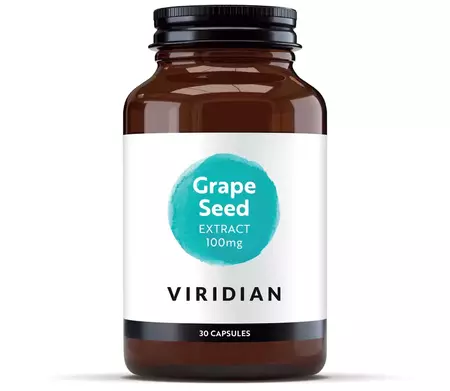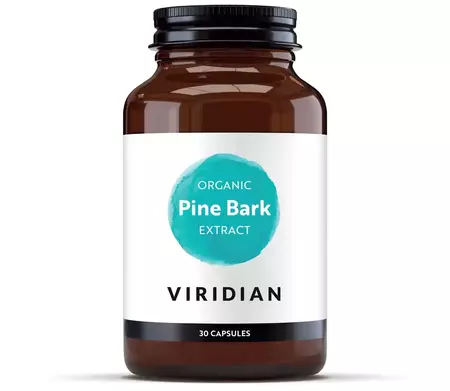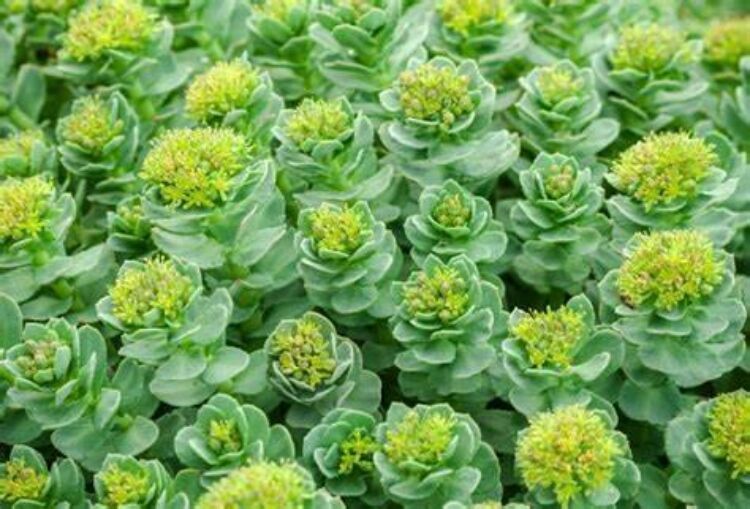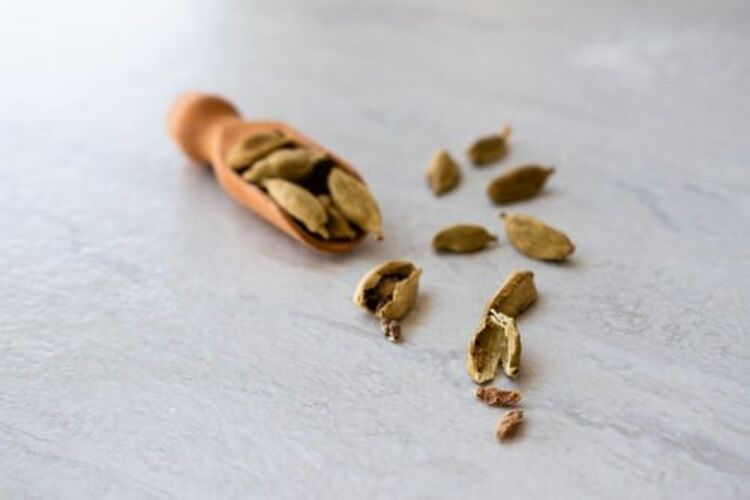SHOP BY
PRODUCT
SHOP BY
CONCERN
Vitamins
Multi Vitamins Antioxidants Vitamin A Vitamin B Vitamin C Vitamin D Vitamin E Vitamin K Folic Acid Co-Enzymes Specialist Formulas Teenage Baby & ChildSkin Nutrition
Beauty Blends Anti-Pollution Antioxidants Biotin Collagen Green Blends Hydration MSM Omegas Sun ProtectionMushrooms
Multi Mushrooms Agaricus Chaga Cordyceps Coriolus Lions Mane Maitake Reishi Shiitake Snow FungusProtein & Aminos
Protein Powders Amino Acids L-Carnitine L-Glutamine L-Lysine L-Theanine L-Tryptophan
SHOP BY
PRODUCT
SHOP BY
CONCERN
Face
Cleanse Tone & Mist Day Cream Night Cream Eyes Exfoliate Face Serum & Oil Masks & Treatments Facial Tanning Lip Care Neck TeenageBody
Wash Moisturise Bath Soak & Salts Body Scrub Perfume & Scent Hands Legs & Feet Suncare & Tanning Deodorants Tooth & Oral Care Cellulite Magnesium Cream/Oil Muscle Rub Pregnancy-
Wellness
Wellness
- Adrenal Health
- Anti-Fungal
- Anti-Inflammatory
- Babies & Children
- Blood Sugar Balance
- Bone Health
- Brain Health
- Cardiovascular
- Cholesterol
- Cleanse
- Colds & Flu
- Digestive & Gut
- Energy
- Eye Health
- Female
- Fertility & Pregnancy
- Hayfever & Allergies
- Hormonal
- Immune
- Joints
- Liver Support
- Lymphatic
- Male
- Mood
- Nervous System Health
- Oral Health
- Respiratory
- Skin, Hair & Nails
- Sleep
- Sports
- Stress & Anxiety
- Teenage
- Thyroid Health
- Urinary
- Weight Management
- Beauty
- Lifestyle
-
Brands
Brands
- A Vogel
- Abloom
- AEOS
- Allicin
- Alter/Native Soaps
- Ancient & Brave
- Antipodes
- Aqua Oleum
- Australian Bush Flowe
- Bare Biology
- Bathing Beauty
- Ben & Anna
- Bio-Health
- Biona
- BioSun
- Botanico Vida
- Castorvida
- Caudalie
- Cytoplan
- de Mamiel
- Dirtea
- Dr. Bronners
- Dr. Hauschka
- Dr. Schulze
- Eco By Sonya
- Energy Dots
- Enzymedica
- Erbenobili
- Erbology
- Eskimo
- Fill
- Flaska
- Friendly Soap
- Georganics
- Giovanni
- Green People
- Haughton Honey
- Health Factory
- Helios
- Herbowski
- Herbs Hands Healing
- Hifas da Terra
- Honore Des Pres
- Hurraw
- Ila Spa
- Jack 'n' Jill
- John Masters
- Kiki Health
- Kure Bazaar
- Living Nutrition
- Malaya Organics
- Miscellaneous
- Moa
- Mungo Murphy
- Mushrooms 4 Life
- Myconutri
- Natures Answer
- NEOM Organics
- Olverum
- Organic Pharmacy
- Organii
- OSI
- Oskia
- Pana Chocolate
- Phytality
- Phyto Nectars
- Planet Paleo
- PLAYin Choc
- Pukka
- Pure Encapsulations
- Radius Toothcare
- Raise + Replenish
- Raw Chocolate Co
- RMS Beauty
- Salt & Stone
- Skär Organics
- Speick
- Sun Chlorella
- Sun Warrior
- Supernova
- Teaspec
- Terranova
- The Beauty Chef
- Therapy Bath Salts
- Therapy Bespoke Teas
- Therapy Gift Boxes
- Truthbrush
- Viridian
- Weleda
- Wheatbag Company
- Wild Nutrition
- Wilder Botanicals
- YourGut
- Z Gel
- Gifts
- Sale
- Nutrition
- Treatments
- Therapedia
- Ingredients
0



